Since the eruption of the Syrian Civil War in 2011, several countries have cut diplomatic relations with Syria turning Damascus into a pariah state. 13 years later, the shifting regional geopolitical landscape appears to be ushering in a new reality. Today, both regional and global powers are moving toward rapprochement with Syrian President Bashar Al-Assad’s regime. In a significant U-turn, Turkish President Recep Tayyip Erdogan, once a staunch opponent of Al-Assad, is now seeking normalization with Syria. While, Turkey is not alone in this effort, Syria's potential reintegration could have far-reaching implications.
Erdogan’s Motivations
Erdogan’s hopes in seeking rapprochement with Syria represent a major shift in his narrative. If nothing else, it highlights a major foreign policy failure for Erdogan. Why fuel the war in Syria from the beginning, only to find himself seeking rapprochement with Al-Assad, whom he once denounced as a murderer in his narrative? For years, since the eruption of the Syrian Civil War in 2011, Erdogan has positioned himself as the opposition’s defender and vowed to oust Al-Assad.
Today, after 13 years, seeking dialogue with Syria reflects just one aspect of a broader shift in Erdogan’s policies. His move toward normalization with Al-Assad is part of a larger pattern of retracing his previous stances, including his recent efforts to restore relations with Egypt, Saudi Arabia, and the UAE. While leaders sometimes revise their policies, Erdogan’s shift is particularly significant because it involves changing a doctrine that was central to his political legitimacy. For leaders to backtrack from such foundational doctrines is not merely a step but a considerable leap. Although the might be addressing pressing issues, they risk undermining their legitimacy and the political aura they have cultivated throughout their careers. While this step in specific represents a challenge to Erdogan’s legitimacy, he still got his motivations to pursue it.
The rapprochement between Turkey and Syria had been in the making for years, but Al-Assad was reluctant to move forward as he didn’t want to “strengthen Erdogan’s hand” domestically. However, the current regional dynamics, particularly the risk of the Israel-Hamas War escalating into a full-scale war between Israel and Hezbollah, might motivate both sides to resolve their differences. Russia and Iran would certainly support a reset in relations between Damascus and Ankara.
Apart from regional dynamics, Erdogan’s main motivations come from the Turkish inside. To begin with, the refugees’ pressure represents an important driver for Ankara to normalize its relations with Damascus. High-level talks between Ankara and Damascus, brokered by Russia in late 2022, did not yield concrete outcomes. However, increasing public pressure in Turkey to repatriate approximately 3.1 million Syrian refugees has revived Ankara’s efforts toward reconciliation. Recent anti-Syrian riots in Turkish cities, especially in areas that are strongholds of Erdogan’s ruling party, have highlighted the pressing nature of the refugee issue. The unrest took place due to the growing criticism of the government’s migration policies. As reported by the UNHCR, Turkey hosts the largest refugee population globally, with the majority coming from war-torn Syria. A recent Ipsos survey revealed that 77% of respondents in Turkey support closing the country’s doors to refugees, significantly higher than the global average of 44%.
Efforts to mend relations with Damascus and attacks on Syrian refugees have further escalated tensions in Turkish-controlled northern Syria, where more than 600,000 Syrian refugees have been resettled over the past two years. A détente between Turkey and Syria could pave the way for an agreement facilitating the mass repatriation of Syrian citizens currently residing in Turkey back to Syria, a process that can only be achieved through negotiations.
Another issue for Erdogan would be a desire to stabilize his southeastern borders in which the Unites States (U.S.)-backed Kurdistan Workers’ Party (PKK) represents a threat. Ankara is pressing Damascus to take action against Syrian Kurdish groups that Turkey claims are linked to the outlawed PKK, which is also designated as a terrorist organization by the U.S. On the other hand, the Assad government has repeatedly insisted that the withdrawal of Turkish forces from northern Syria and the cessation of Turkey’s support for rebel factions are essential conditions for restoring relations.
Normalization with Syria could mean respite for Turkish forces as the two sides might reach a concession. However, a major sticking point remains which is the Turkish military presence in northeastern Syria. Damascus demands the withdrawal of Turkish forces as a condition for any rapprochement, President Assad has made it clear to Russian and Iraqi mediators that a rapprochement with Erdogan is not possible without an official Turkish commitment to withdraw its occupying forces from Syria. In its statement, the Syrian government emphasized that any attempts at normalization with Turkey should aim to restore the pre-2011 status quo, before the start of the Syrian conflict. The Foreign Ministry underscored that this initiative must be regarded not as mere media rhetoric but as a sincere and factual effort rooted in mutual respect for each country’s sovereignty and territorial integrity. A key condition for successful normalization, as stated, is the withdrawal of all foreign forces from Syrian territory. On the other side, Ankara maintains that its military presence is necessary to safeguard its national security against threats from Syrian Kurdish armed groups, which it designates as terrorist organizations.
Not Only Turkey
Seemingly, Turkey is not the first country to seek a rapprochement with Syria. Before that, several Arab countries have initiated normalizing relations with Damascus after years of rupture. The devastating earthquake that struck both Syria and Turkey in February 2023 was an opportune moment to break the deadlock in relations with the Al-Assad regime. Few months later, in May 2023, the Arab League voted to restore Syria’s membership, and Saudi Arabia formally invited President Al-Assad to participate in the Arab League Council Summit. Assad then attended the Arab League Summit in Bahrain for the second time in May 2024, ending a suspension dating back to 2011. Since then, Syrian President Bashar al-Assad has routinely participated in regional forums, including an emergency summit in November 2023 on Gaza. These moves to improve bilateral relations come amid a broader regional effort to gradually bring the Middle East back to its feet after a decade of political, economic, and security turmoil.
Currently, it is apparent that the European Union (EU) might follow the same path. July 2024, a Syrian newspaper published an allegedly “secret” document presented by few European countries to the EU higher representative Joseph Borrell urging for rapprochement with Syria. In their letter, European countries argued that the EU’s current strategy toward Syria based on the three principles of “no normalization with Damascus, no lifting of sanctions, and no reconstruction efforts” is already obsolete given the already changing situation on the ground in Syria. While not all EU members seem to endorse the same policy, why would those calling for a shift in the bloc’s attitude toward Syria do that?
Again, the answer is the refugees’ crisis. The countries who countries who called for normalization with Syria are Italy, Austria, Cyprus, the Czech Republic, Greece, Croatia and Slovenia. Considering numbers of Syrian refugees in each of the EU member states, it will be found out that some of those countries are in the lead. Austria remains one of the highest receivers of Syrian refugees and Asylum seekers with 104907 in total. Greece, Cyprus and Italy are also known to be top destinations for Syrians fleeing their war-torn country with each of them hosting 45878, 13062 and 3603 Syrian refugees respectively.
While the mainstream policy inside the EU remains in favour of sidelining Syria’s Al-Assad as a Pariah, there might be some revisions of this policy. In May 2024, The EU pledged more than 2 billion euros to support Syrian refugees, but it dismissed any mentioning of them being able to return back to their home country. Before the EU conference in which the bloc announced the donation, Jordan’s Foreign Minister Ayman Safadi said that the international community was abandoning Syrian refugees as funding to support them in host countries declines, suggesting that ways had to be found to ease voluntary returns to Syria. Jordan’s approach signifies what is called the “blackmailing” approach usually used by non-EU states receiving migrants. Using this approach, states tend to impose pressure on European countries for the sake of receiving more aid. Accordingly, EU countries adopting the aforementioned document might believe that repatriating Syrians would be a more affordable option. Nevertheless, it is doubted that European countries could retreat from their 2017 policies. While it is true that such retreat might be in favour of some financial gains, it would charge them a huge moral cost.
Challenges
The reintegration of Bashar Al-Assad in the regional and international communities is likely to become a reality in the near future. While it is not yet proven that Western powers, including the EU, will normalize their relations with Syria soon, Turkish-Syrian potential rapprochement is enough to bring about some challenges.
The path toward rapprochement between Turkey and Syria is fraught with challenges, despite official optimism. The complexity of the Syrian situation, intertwined with the interests of major global and regional players like Russia, Iran, the U.S., and the Gulf States, creates significant hurdles. Success hinges on both bilateral factors, such as overcoming deep-seated disagreements, and the stances of external actors involved in the Syrian conflict.
Despite the divergence in views on the Turkish presence in northwestern Syria, Damascus and Ankara share a desire to limit the influence of Kurdish groups in the country’s northeast. Turkey is increasingly concerned about the potential deterioration of the security situation in that region if the U.S. withdraws its forces stationed there as part of the international coalition against ISIS. This scenario may prompt Turkey to cooperate or at least coordinate with Syria to manage the repercussions of the American withdrawal. Many within Turkey and areas controlled by the Syrian government see the potential rapprochement positively. However, Kurds in Syria view this potential rapprochement with great concern, as the Kurdish-led authority in northeastern Syria has described it as a “conspiracy against the Syrian people” and a “legitimization of the Turkish occupation” of Kurdish-majority areas previously controlled by Turkish-backed forces.
Despite mediation efforts, restoring full ties faces immediate obstacles. Doubts linger about Al-Assad’s cooperation on Turkey’s concerns, and his ability to compromise is constrained by allies like Iran. Both countries have a history of mixed messaging, and there’s regional skepticism about Ankara’s true intentions in expanding its regional influence. For Turkey, withdrawing forces from northern Syria, where it has invested heavily, poses risks like empowering the Syrian Democratic Forces (SDF), whom it seeks to counter through rapprochement with the regime. Additionally, other actors in the Syrian theater, as evidenced by recent events in Kayseri and northern Syria, seem opposed to Ankara-Damascus reconciliation. Iran, a key Assad backer, may try to delay or influence any talks to protect its own interests in Syria, where it maintains a significant military presence alongside the Syrian army.
Finally, the U.S. position under President Biden is likely to be cautious, while a potential Trump return could bring significant shifts in U.S. policy toward Syria, affecting its military presence and relations with both Turkey and the SDF.
To Conclude, there is no doubt that resuming Syrian-Turkish relations represents a common interest and necessity for the two countries, but the repercussions of the Syrian conflict that has been ongoing for more than a decade impose major challenges on this path. Despite the desire of both parties for reconciliation, the road is still long and difficult. In its negotiations with external parties, including Turkey, Syria relies on a cautious and long-term strategy, benefiting from its experience in managing international relations during the conflict period. In contrast, Turkey seeks to expand its geostrategic influence through diplomatic initiatives and agreements with Syria, drawing on its experience in balancing military presence and political participation to secure its interests in its areas of influence, an approach it has previously applied in Libya, Azerbaijan, and recently in Iraq, where it is working to establish permanent arrangements before considering any military withdrawal.
Finally, the progress of the reconciliation talks will be greatly influenced by the interests and strategies of major players such as Iran, Russia, and the U.S., each of which has its own positions and considerations regarding a potential rapprochement. Moreover, any developments in this regard could exacerbate internal tensions within Syria itself, highlighting the complexities and implications of such diplomatic maneuvers. If both the Turkish and Syrian sides, along with mediators, show a genuine commitment to reconciliation, this could lead to a partial restoration of economic relations. However, the full restoration of Turkish-Syrian relations in the near future remains uncertain and depends on complex geopolitical dynamics and negotiations.
References
Aftandilian, Gregory. “Arab States Are Normalizing With Syria’s Assad Regime,” Arab Center Washington DC, March 28, 2023, accessed August 9, 2024, https://arabcenterdc.org/resource/arab-states-are-normalizing-with-syrias-assad-regime/
Akinci, Burak. “News Analysis: Türkiye Moves to Repair Relations With Syria Amid Domestic Pressure to Repatriate Refugees,” Xinhua, July 8, 2024, accessed August 11, 2024, https://english.news.cn/20240708/f651799ad89b45cba8842a1f4cc5a9a1/c.html
Alam, Kamal. “Why Turkey Is Doing a U-turn on Syria,” Middle East Eye, July 18, 2024, https://www.middleeasteye.net/opinion/turkey-syria-doing-u-turn-why?utm_source=linkedin&utm_medium=social&utm_campaign=Social_Traffic&utm_content=ap_62ve1sserf
Alhosain, Mahmood. “Raising Alarms: Why Normalized Relations With Syria Risk Further Conflict,” Global Policy Journal, June 4, 2024, accessed August 9, 2024, https://www.globalpolicyjournal.com/blog/04/06/2024/raising-alarms-why-normalized-relations-syria-risk-further-conflict
Azizi, Hamidreza. “Iran-Syria Relations Amid Regional Reset Dynamics,” Middle East Council on Global Affairs, April 19, 2024, accessed August 6, 2024, https://mecouncil.org/publication_chapters/iran-syria-relations-amid-regional-reset-dynamics/
Baladi, Enab. “Unless Engaging in Political Transition, No Normalization With Regime: EU Spokesperson,” Enab Baladi, March 15, 2023, accessed August 13, 2024, https://english.enabbaladi.net/archives/2023/03/unless-engaging-in-political-transition-no-normalization-with-regime-eu-spokesperson/
Editorial Team, “The Emerging Rapprochement Between Ankara and Damascus: Motives and Challenges,” International Institute for Iranian Studies, July 17, 2024, accessed August 15, 2024, https://rasanah-iiis.org/english/monitoring-and-translation/reports/the-emerging-rapprochement-between-ankara-and-damascus-motives-and-challenges/
Hamidi, Ibrahim. “EXCLUSIVE: European Push to End Long Isolation of Syria’s Regime,” Al Majalla, July 27, 2024, accessed August 13, 2024, https://en.majalla.com/node/321644/documents-memoirs/exclusive-european-push-end-long-isolation-syria%E2%80%99s-regime
Irish, John, and Andrew Gray. “With Few Signs of Syria Solution, EU Pledges More Support to Refugees,” SWI, May 27, 2024, accessed August 12, 2024, https://www.swissinfo.ch/eng/with-few-signs-of-syria-solution,-eu-pledges-more-support-to-refugees/78795547
Jacopo, Leonardo, and Maria Mazzucco. “Syria’s Normalization and the GCC: Adjusting to a New Modus Vivendi,” The Washington Institute, August 12, 2024, accessed August 10, 2024, https://www.washingtoninstitute.org/policy-analysis/syrias-normalization-and-gcc-adjusting-new-modus-vivendi
Khalifa, Dareen, and Joost Hilterman. “Normalising Relations With Syria: How Significant?,” Crisis Group, June 29, 2023, accessed August 7, 2024, https://www.crisisgroup.org/middle-east-north-africa/east-mediterranean-mena/syria/normalising-relations-syria-how-significant
Reppeto, JP. “Can Northeast Syria Delink From the PKK?,” Atlantic Council, August 6, 2024, accessed August 11, 2024, https://www.atlanticcouncil.org/blogs/menasource/can-northeast-syria-delink-from-the-pkk/
Salih, Mohammed. “Quoted on the possibility of a deal between Assad and Turkey,” X (Formerly Twitter), July 9, 2024, accessed August 13, 2024, https://x.com/MohammedASalih/status/1810721783492005923
“Refugee Data Finder,” UNHCR, accessed August 13, 2024, https://www.unhcr.org/refugee-statistics/download/?url=KpYqa8
Volkan Isbasaran, “Turkey-Syria Normalization Bid Stirs Violent Unrest in Both Countries,” Informed Comment, July 7, 2024, accessed August 13, 2024, https://www.juancole.com/2024/07/normalization-violent-countries.html
Yildiz, Guney. “In The Shadow of Mistrust: Turkey-Syria Normalization,” Forbes, April 27, 2023, accessed August 13, 2024, https://www.forbes.com/sites/guneyyildiz/2023/04/27/in-the-shadow-of-mistrust-turkey-syria-normalization/



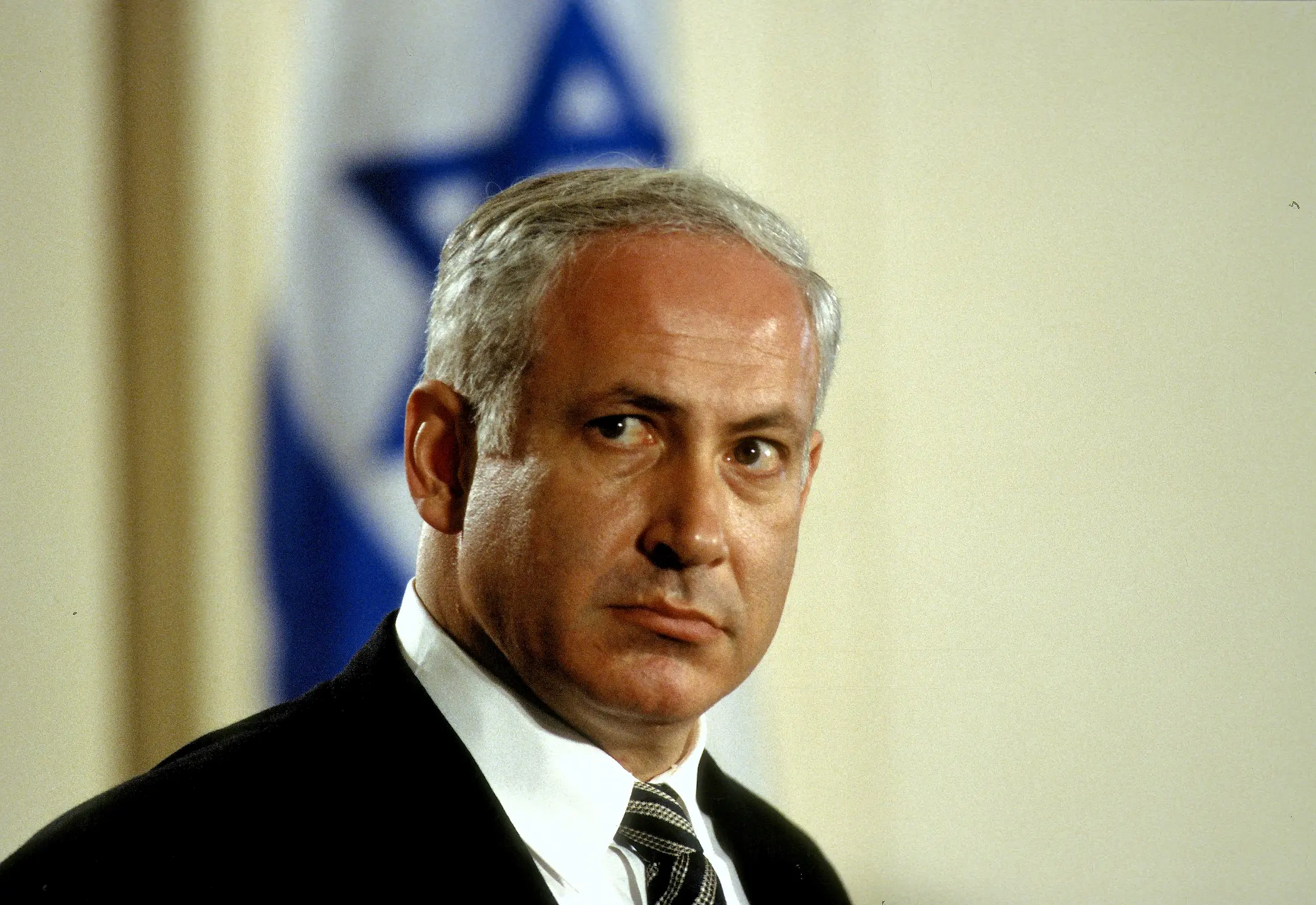
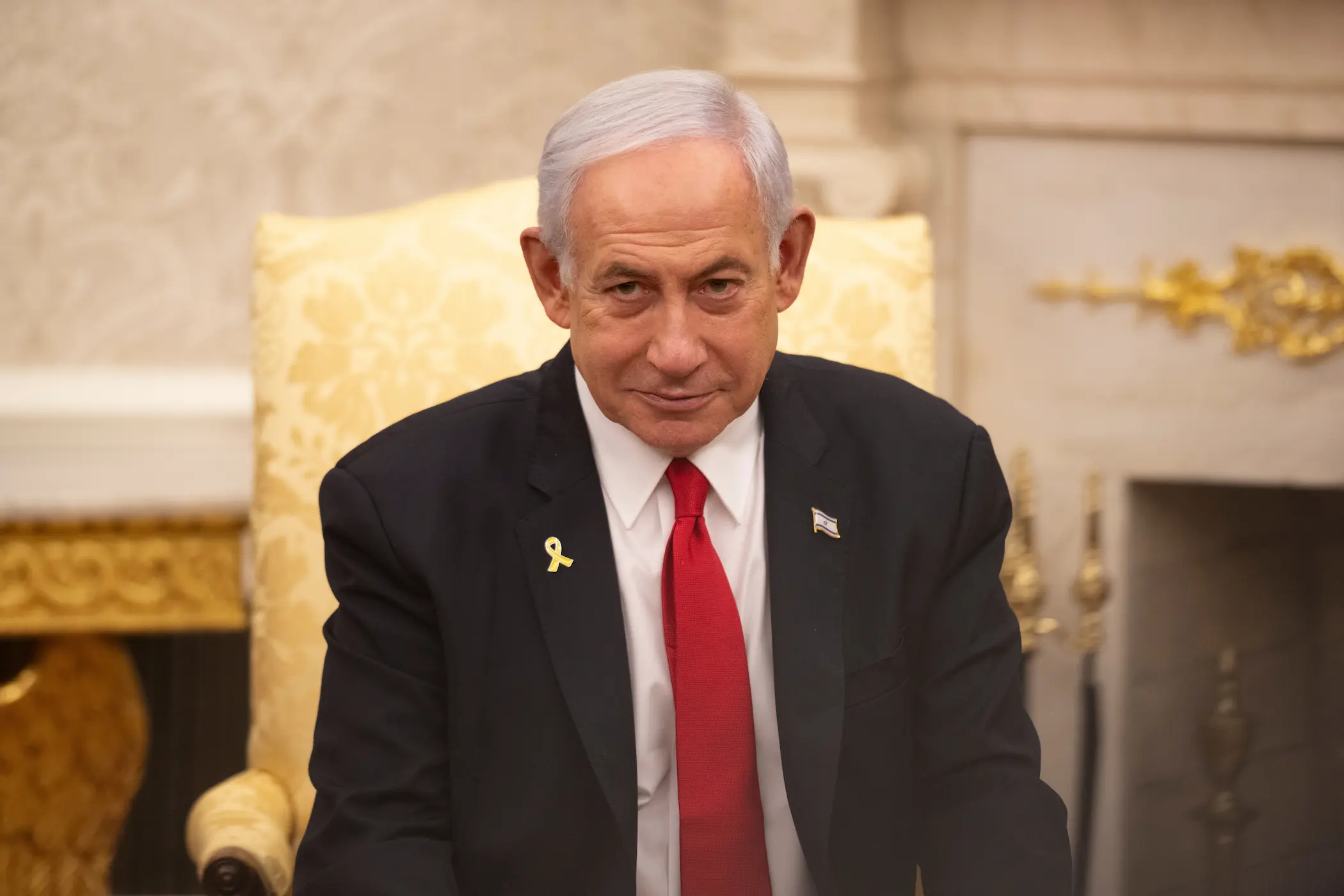



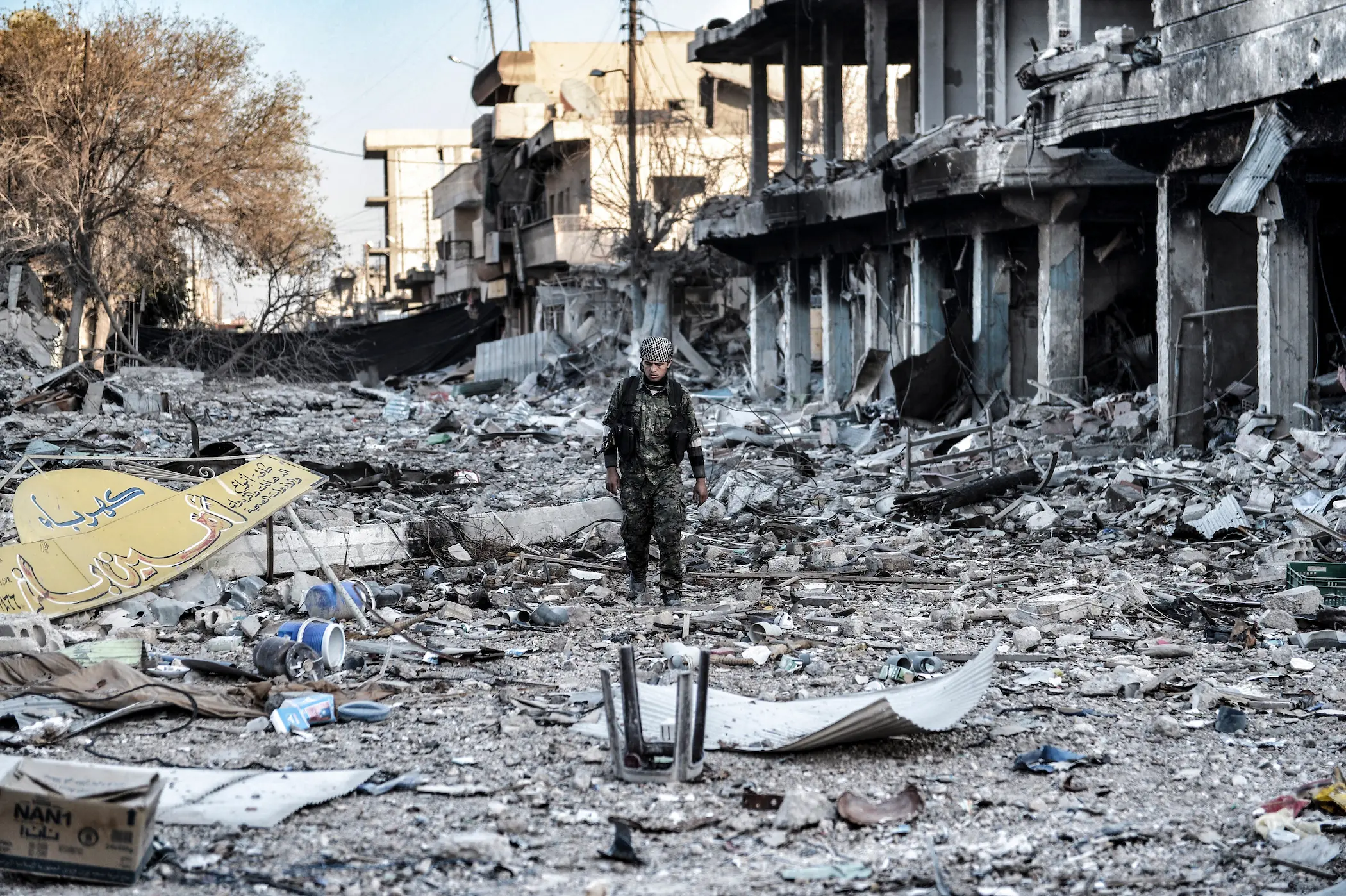
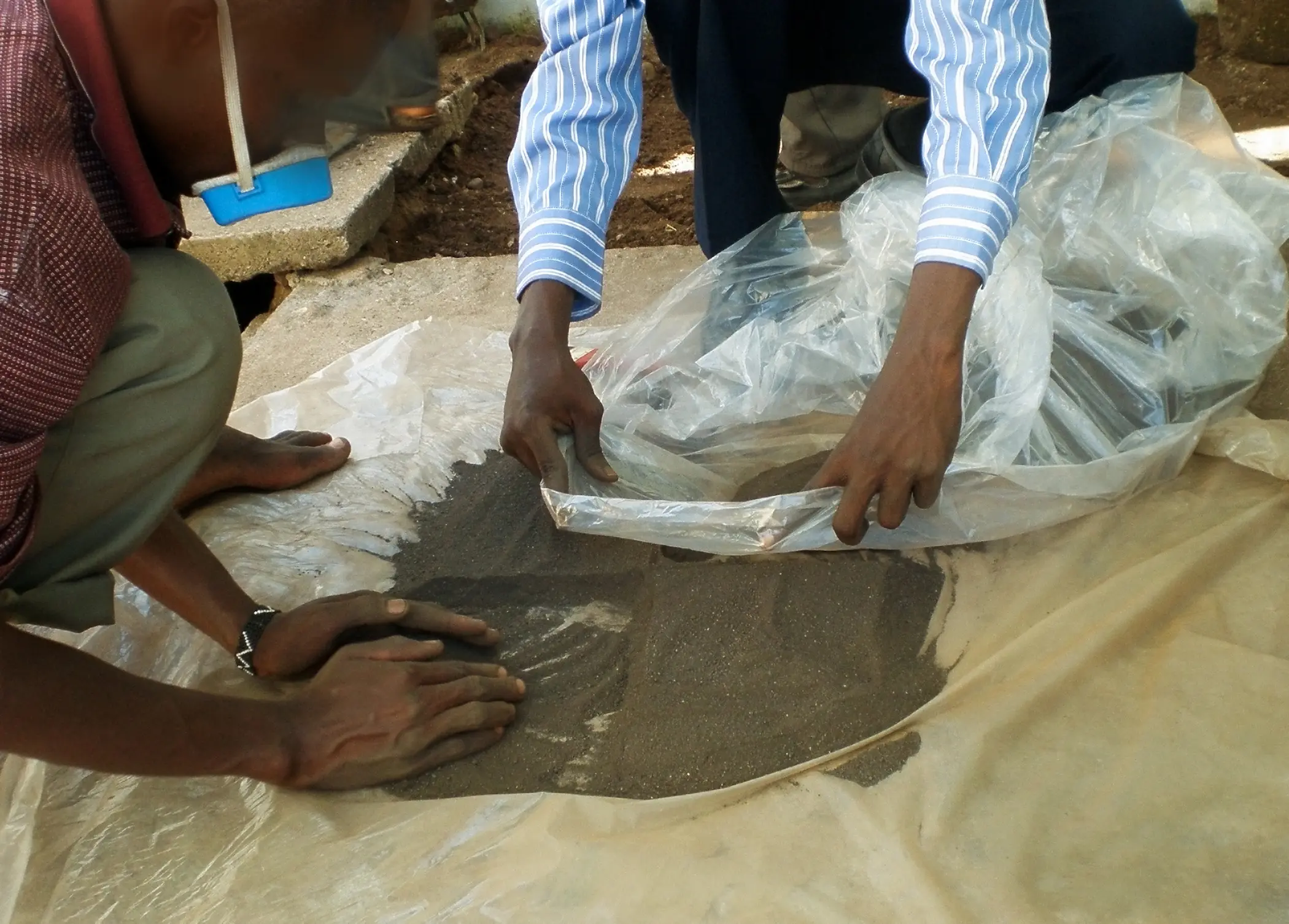





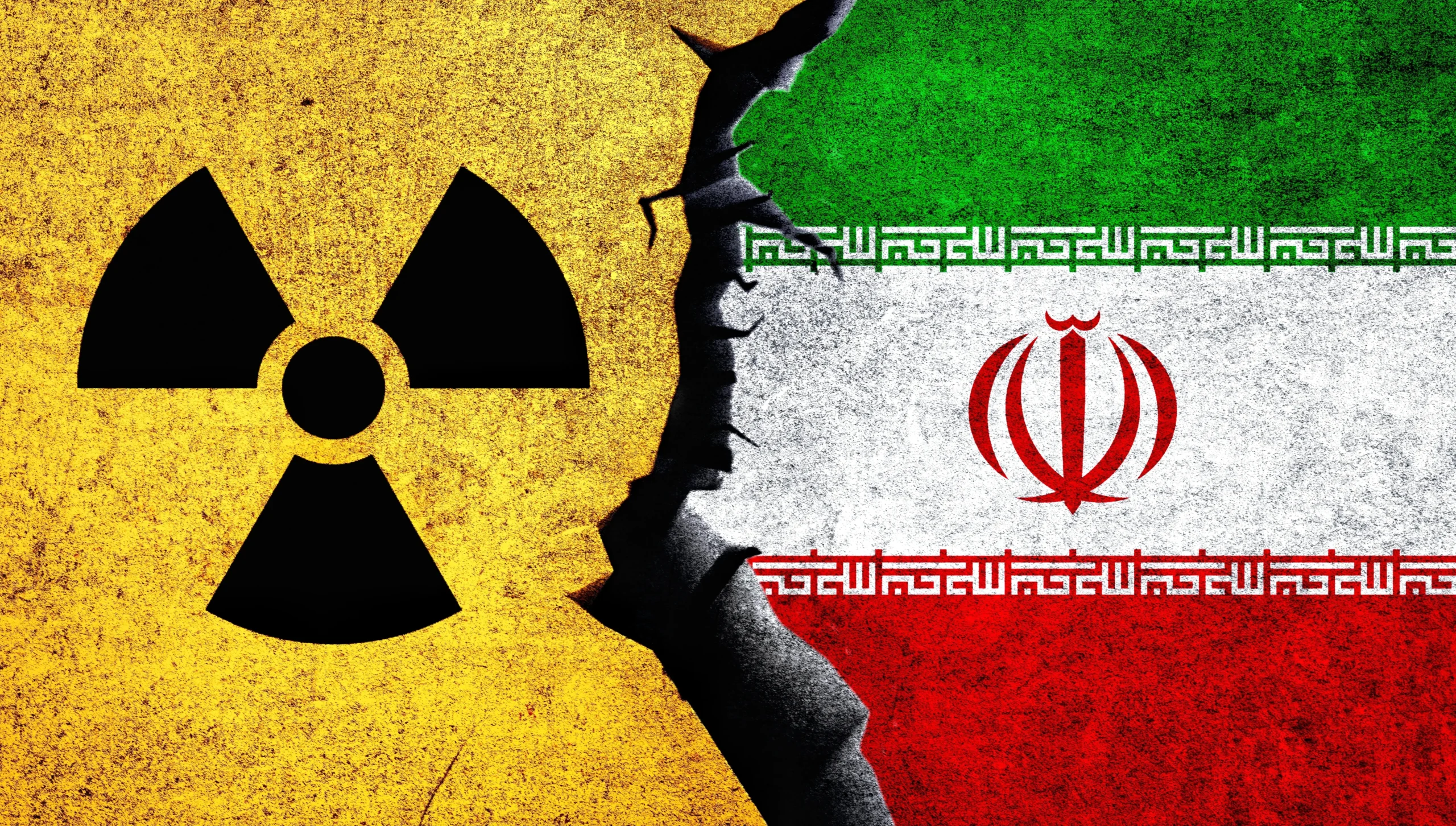
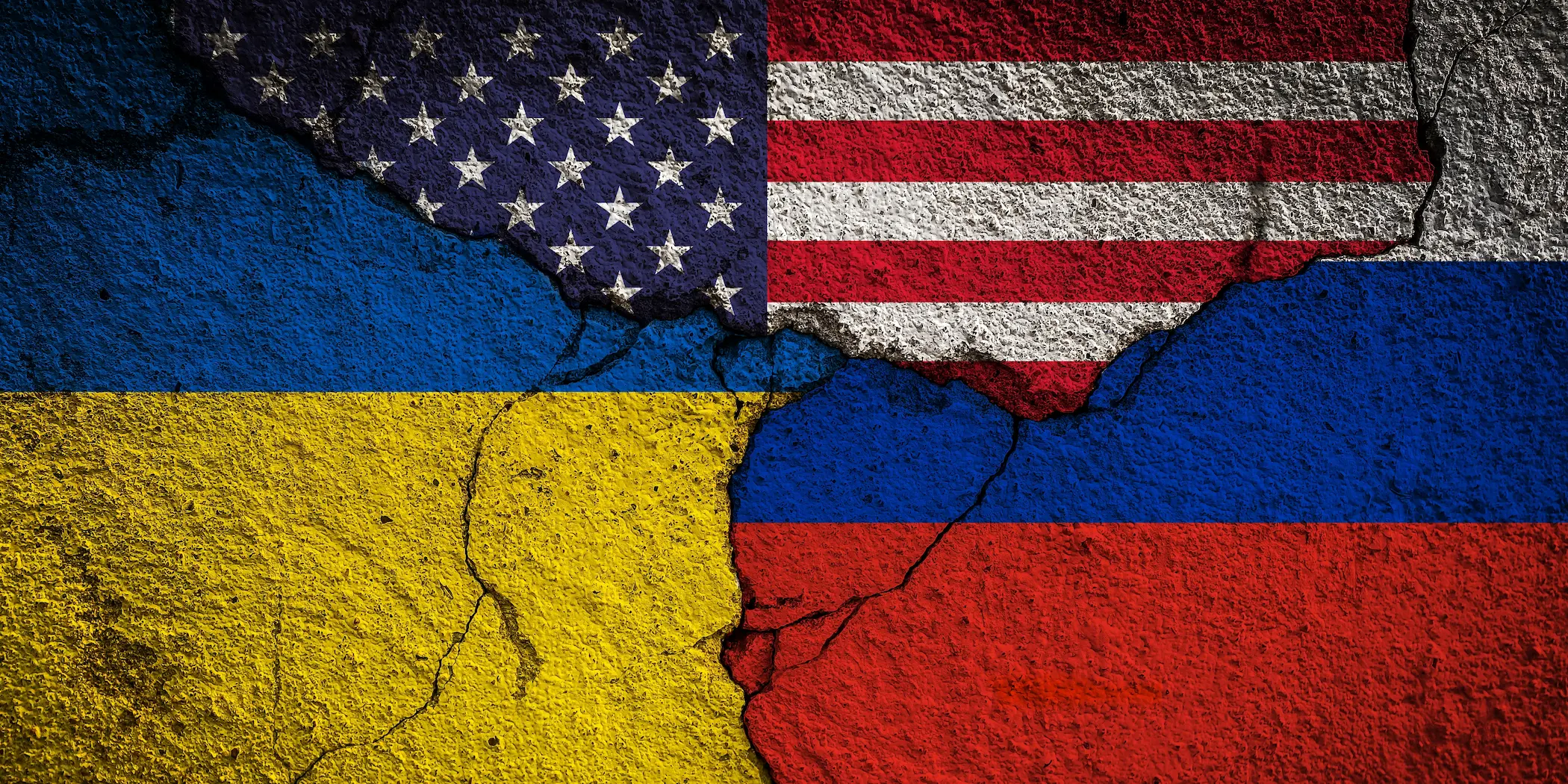


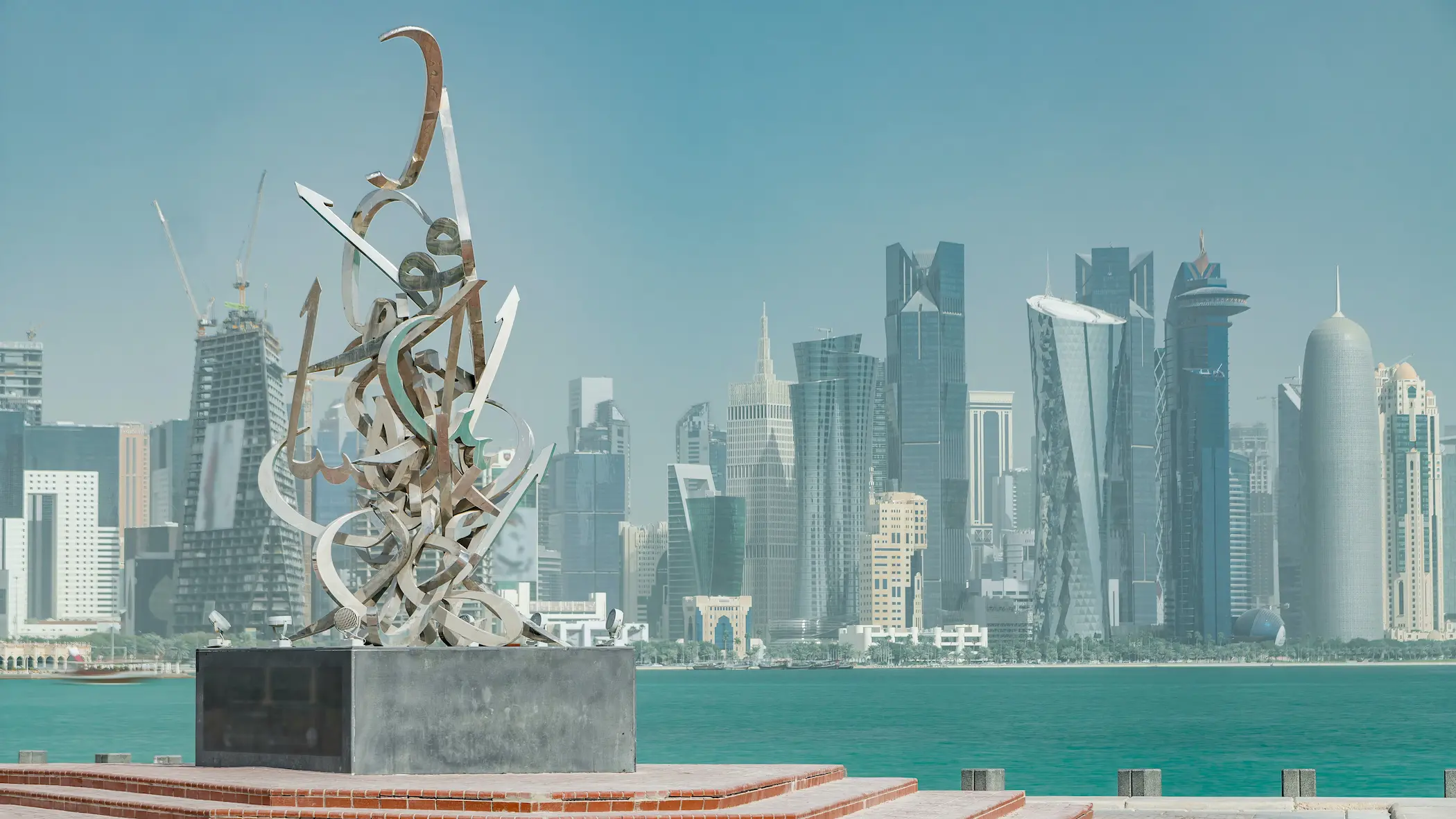
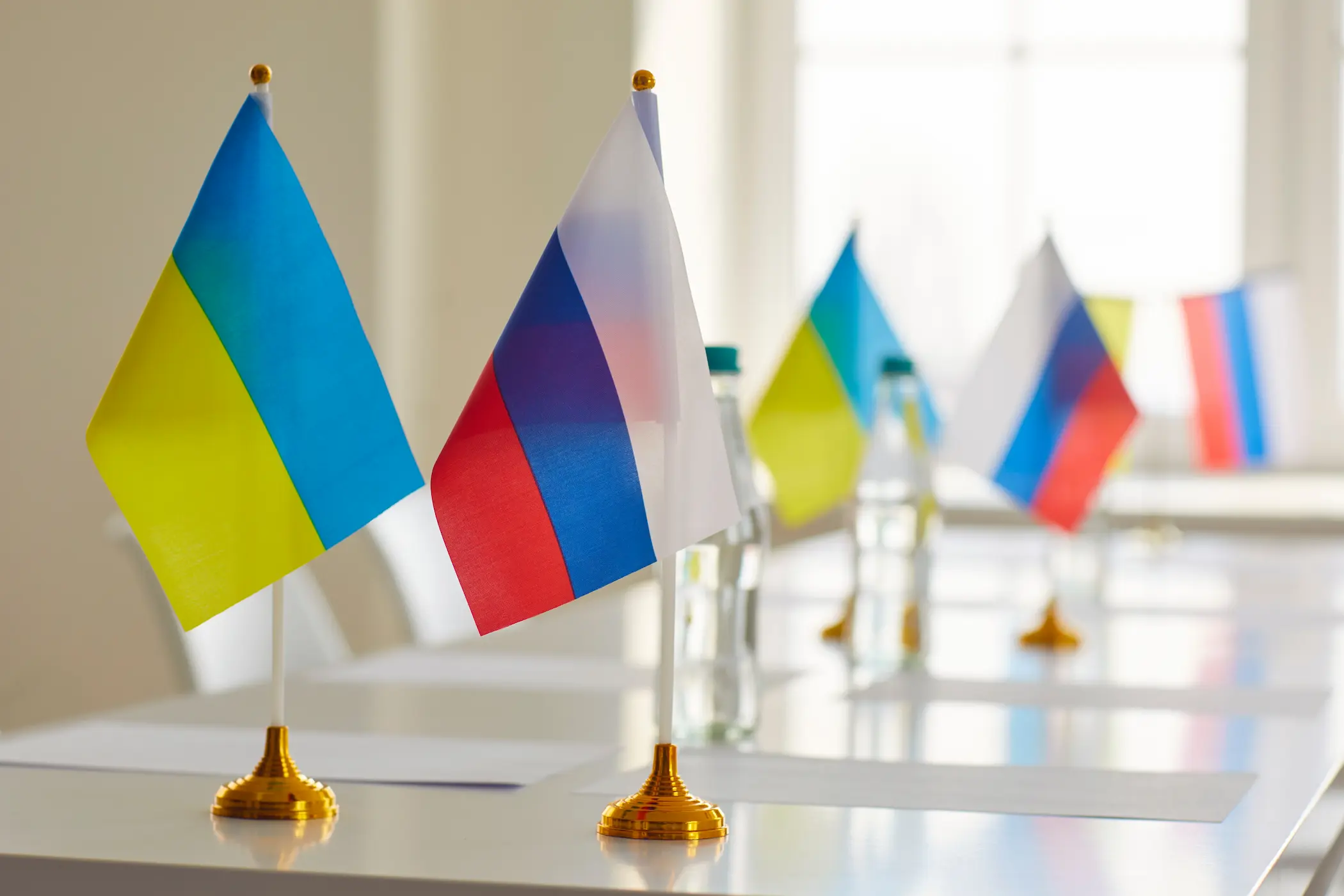
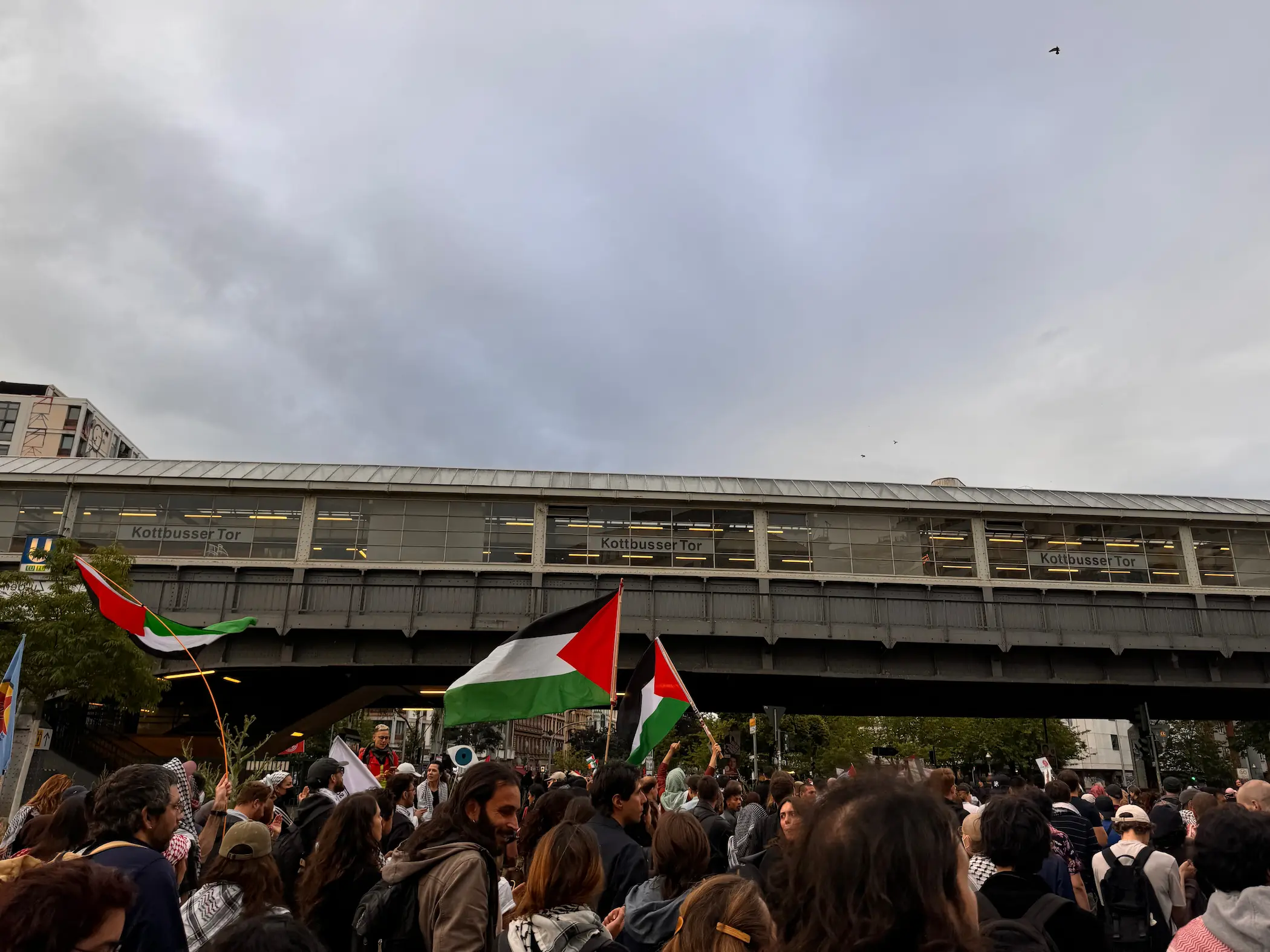
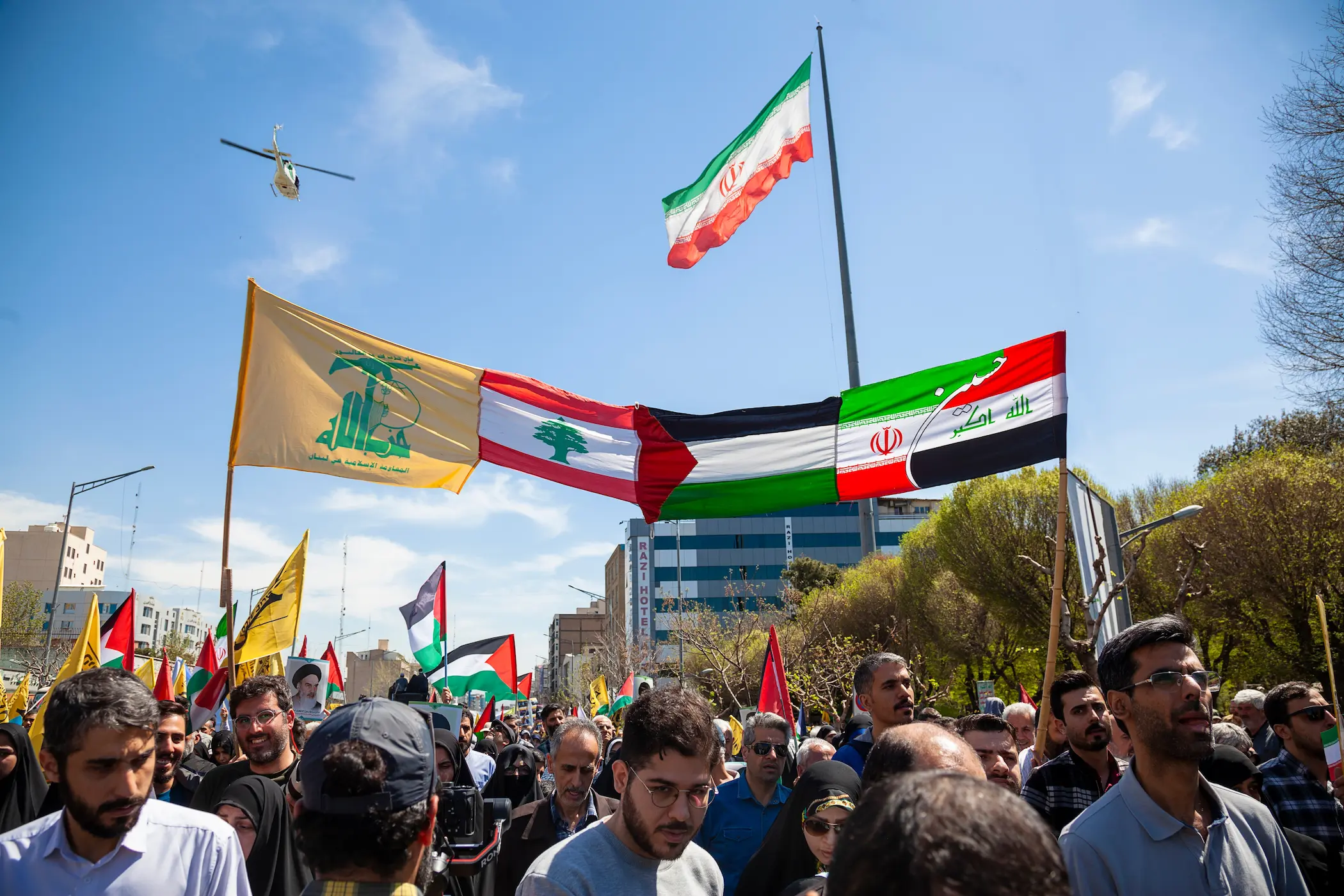

Comments